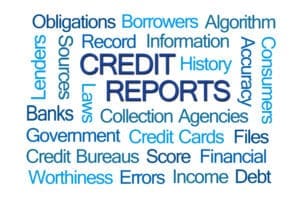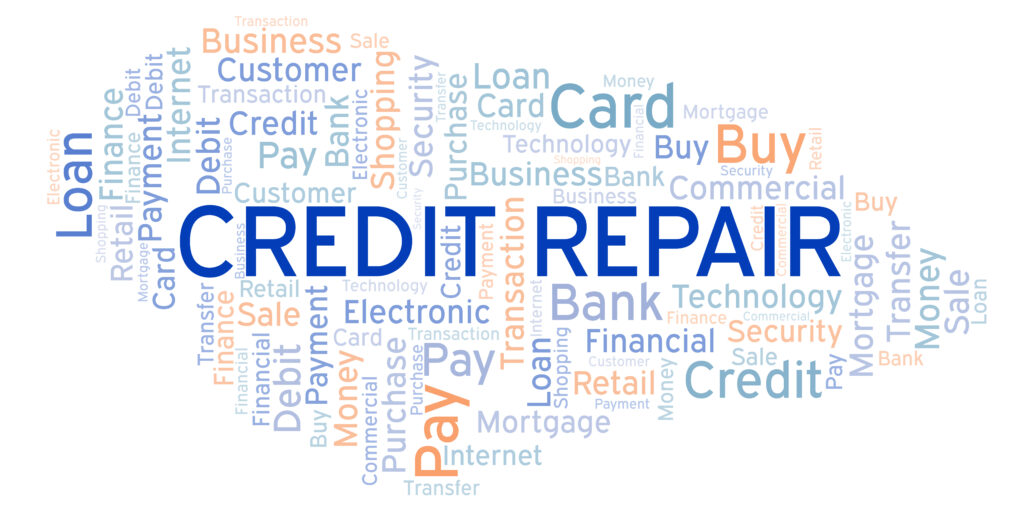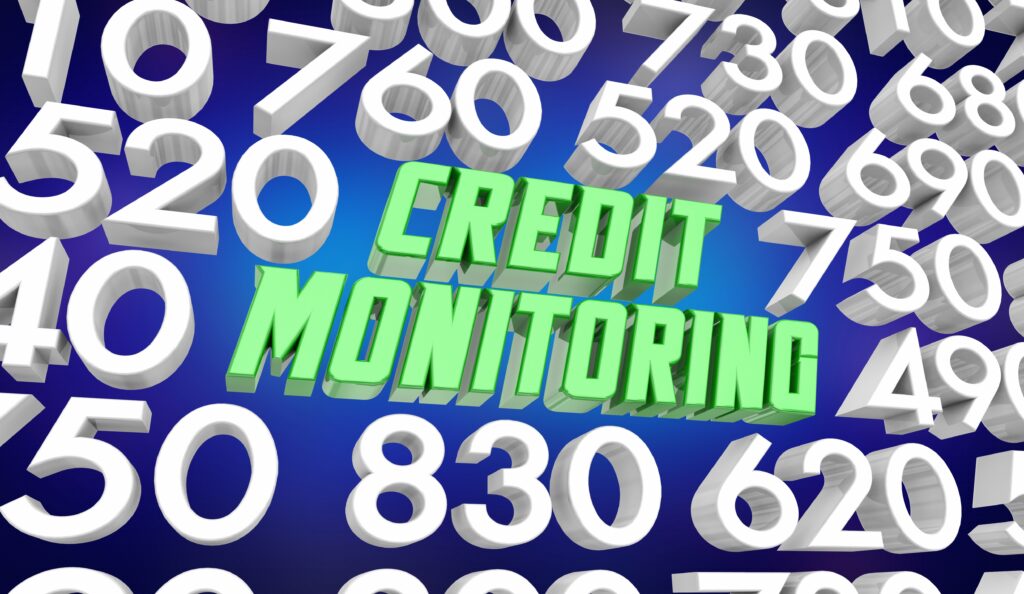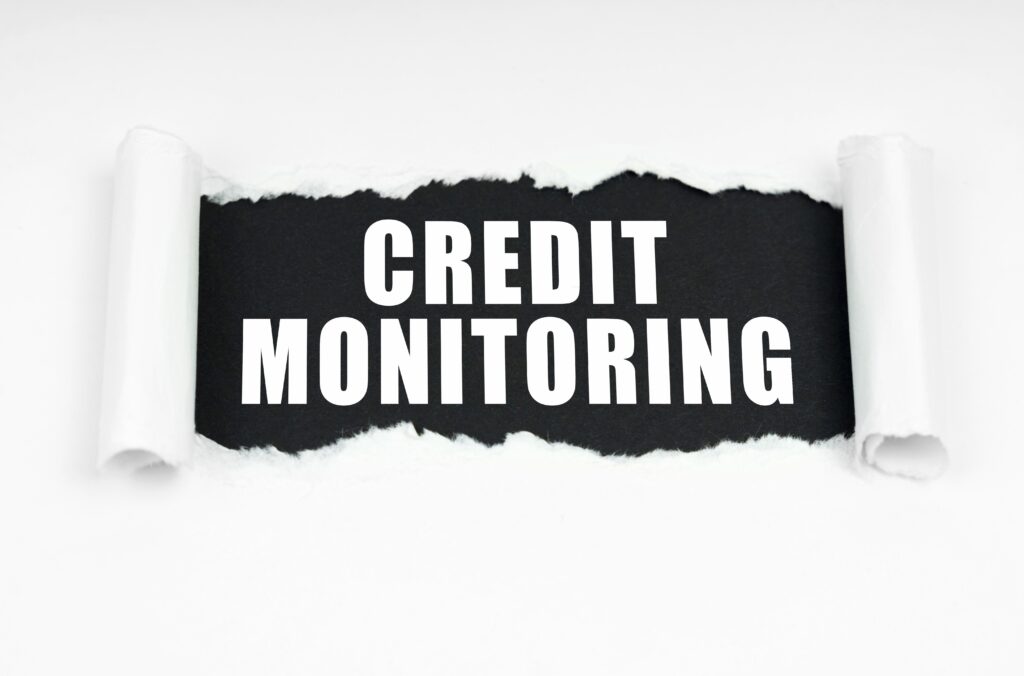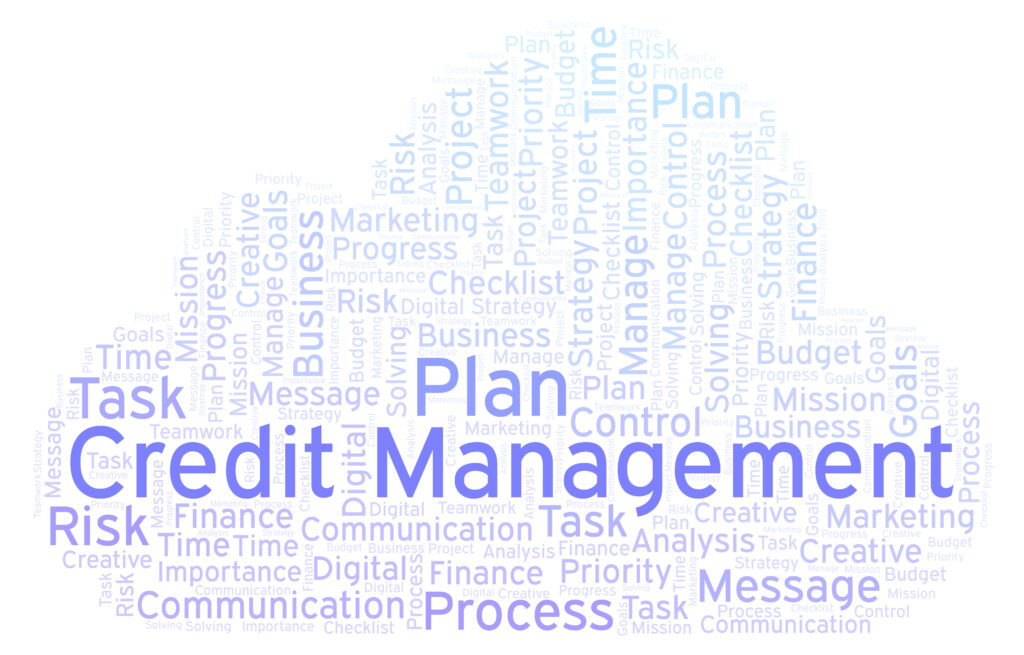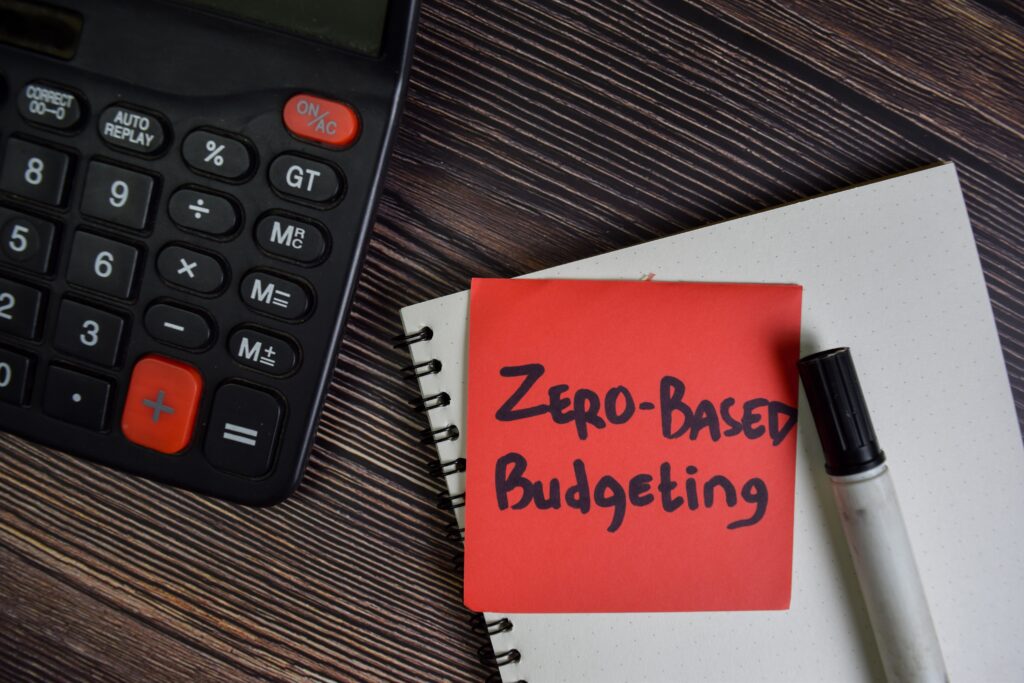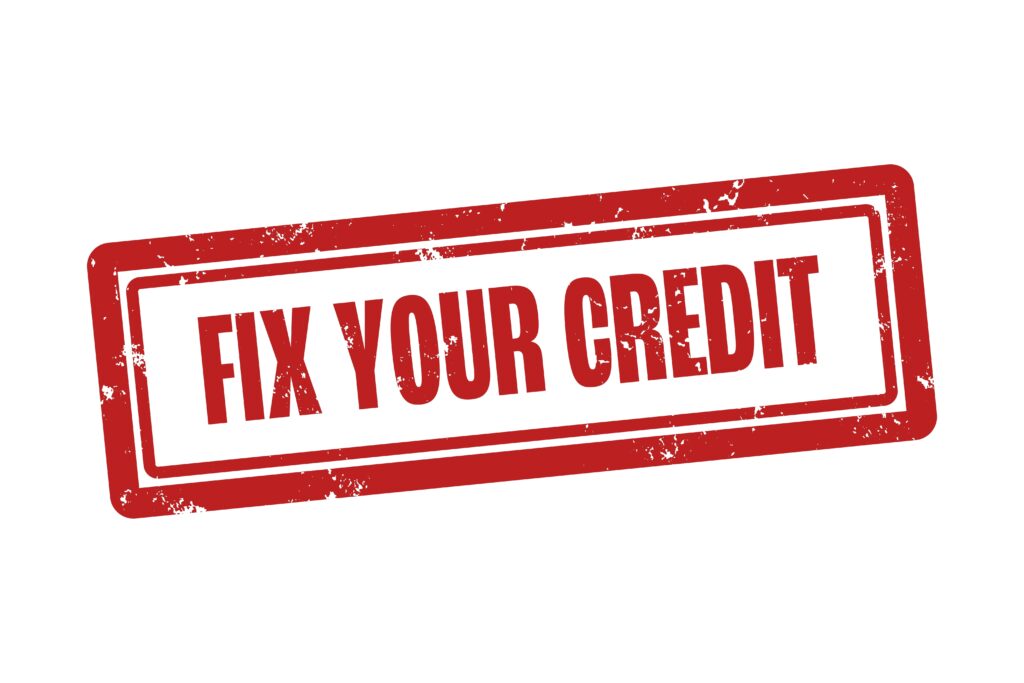Best Credit Score Makeover Strategies: Turn Around Dropping Scores Now! Find Out More In Our Latest Article!
THIS ARTICLE MAY CONTAIN AFFILIATE LINKS, MEANING I GET A COMMISSION IF YOU DECIDE TO MAKE A PURCHASE THROUGH MY LINKS AT NO COST TO YOU. PLEASE READ MY AFFILIATE DISCLOSURE FOR MORE INFO.
DON’T HAVE TIME TO READ THE FULL ARTICLE. HERE’S WHAT YOU ARE MISSING.
I have compiled a comprehensive guide to help you turn around dropping credit scores. A good credit score is essential for financial stability and getting approved for loans, credit cards, and other financial products.
However, if your credit score is dropping, it can be overwhelming to know where to start.

In this article, I will share the best strategies for improving your credit score. It’s a practical checklist that will help you get started quickly.
- We will start by understanding credit scores and why they are essential.
- Then, we will identify the causes for dropping credit scores before diving into the credit score makeover strategies.
- We will cover basic strategies, intermediate strategies, and even some more advanced strategies.
- Additionally, we will discuss how to implement the strategies and track your progress.
Although there are no guarantees. These strategies could help you improve your credit score and achieve financial stability.
Let’s dive in and get started!
Understanding Credit Scores
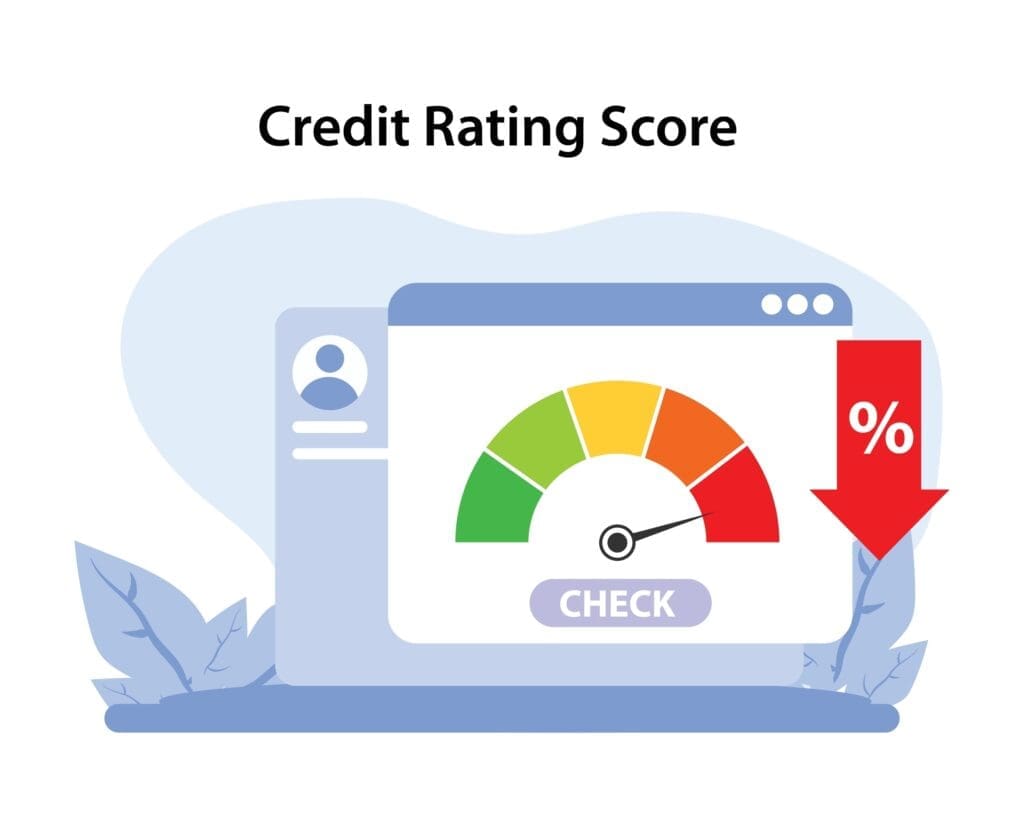
As someone who has seen a few credit score makeovers, I know firsthand how important it is to understand credit scores.
A credit score is a three-digit number that represents your creditworthiness. Lenders use it to determine your ability to repay loans and credit cards on time.
The higher your credit score, the better your chances of getting approved for loans and credit cards with favorable terms.
Credit scores are calculated based on several factors, including:
- Payment history: This is the most crucial factor affecting your credit score. Late payments, missed payments, and defaults can significantly lower your score.
- Credit utilization: This is the amount of credit you use compared to your credit limit. High credit utilization can negatively impact your score.
- Length of credit history: The longer you’ve had credit, the better it is for your score.
- Types of credit: A mix of credit types, such as credit cards, car loans, and mortgages, can improve your score.
- New credit: Opening too many recent credit accounts quickly can hurt your score.
It’s important to note that each credit agency has its scoring model, so your score may vary between agencies. The most commonly used credit score model is the FICO score, which ranges from 300 to 850. A score of 670 or higher using this model is considered good, while a score below 580 is considered poor.
Knowing how credit scores are calculated and what factors affect them can help you make informed decisions about your credit. In the next section, I’ll share some strategies that helped turn around my dropping credit scores.
Importance of a Good Credit Score
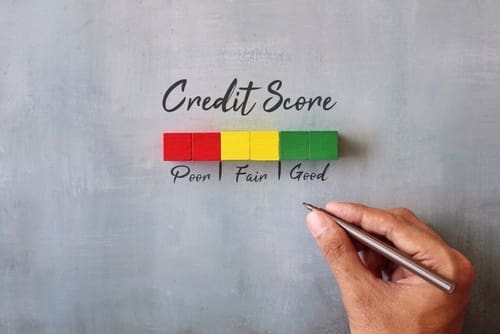
I must emphasize the importance of having a good credit score.
Your credit score reflects your creditworthiness. Lenders use it to determine whether you qualify for a loan, credit card, or mortgage and at what interest rate.
In summary, your credit score is a measure of your financial health.
A good credit score is essential for enjoying the best interest rates and terms on loans, credit cards, and other financial products.
It can also help you save on insurance premiums, cell phone bills, and rent.
On the other hand, a poor credit score can limit your ability to qualify for loans and credit cards and even affect your ability to rent an apartment and sometimes get a job.
If you have a poor credit score, don’t despair. There are many strategies you can use to turn around dropping credit scores.
One of the most important things you can do is to pay your bills on time. Late payments can significantly negatively impact your credit score, so you must always pay your bills on time.
Another strategy is to keep your credit utilization ratio low. This is the amount of credit you use compared to your credit limit. A high credit utilization ratio can negatively impact your credit score, so it’s essential to keep it low.
A good credit score is essential to enjoy the best interest rates and terms on loans and credit cards.
It reflects your financial health, and there are many strategies you can use to improve your score.
If your credit score isn’t where you’d like it to be, you can quickly identify some of the most common causes that might be leading to a drop in your credit scores.
Identifying Causes for Dropping Credit Scores
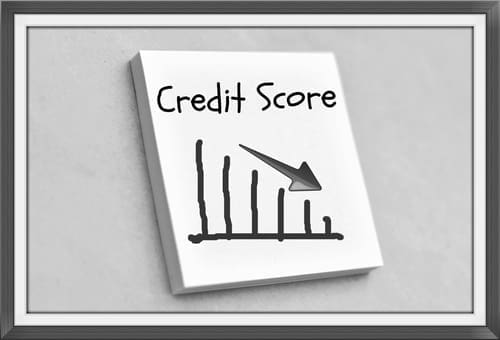
As someone who has seen through a credit score makeover, I know that the first step to improving your credit score is to identify the causes of the drop. Here are some of the most common reasons why a credit score might be dropping:
Late Payments
Late payments are among the most common reasons for a dropping credit score. Payment history is the most critical factor that determines your credit score. So, if you miss a payment, it can significantly impact your score. According to NerdWallet, even a single missed payment can cause your score to drop by as much as 100 points.
High Credit Utilization
Another reason why your credit score might be dropping is high credit utilization. Credit utilization is the amount of credit you use compared to the available credit. If you are using a high percentage of your available credit, it can hurt your score. According to Forbes Advisor, keeping your credit utilization below 30% is a good rule of thumb.
Closing Credit Accounts
Closing credit accounts can also cause your credit score to drop. Closing an account reduces your available credit, which can increase your credit utilization and lower your score. Additionally, closing an account can negatively impact the length of your credit history, another important factor determining your score.
Other Factors
Other factors that can lower your credit score include applying for new credit, having a high debt ratio, and derogatory remarks on your credit report. It’s important to review your credit report regularly to identify potential issues and take steps to address them.
Identifying the causes of your dropping credit score can help you take steps to address them and start improving your score.
Credit Score Makeover Strategies
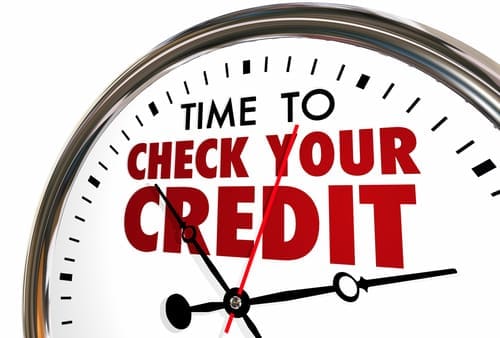
You’re not alone if your credit score is dropping. Many people find themselves in this situation, but the good news is that there are strategies you can use to turn things around.
Let’s start with the best basic credit score makeover strategies you can start immediately.
Check Your Credit Report
You need to know where you stand before you can improve your credit score. Start by checking your credit report for errors, which can negatively impact your score. You can get a free copy of your credit report once a week from each of the three major credit bureaus: Equifax, Experian, and TransUnion. Review your report carefully and dispute any errors you find.
Pay Your Bills on Time
One of the most essential factors in your credit score is your payment history. Late payments can significantly negatively impact your score, so paying your bills on time is critical. Set up automatic payments or reminders to help you stay on track.
Reduce Your Credit Card Balances
High credit card balances can also hurt your credit score. Aim to keep your balances below 30% of your credit limit. If you’re struggling with high balances, consider a balance transfer or debt consolidation loan to help you get back on track.
These are just a few basic strategies for turning around dropping credit scores. Taking action and making positive changes can be the catalyst for improving your score and achieving your financial goals.
Intermediate Strategies
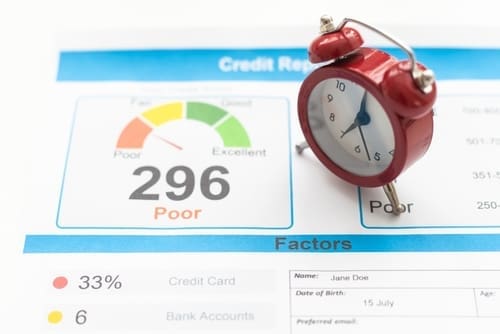
Here are three more strategies that can help turn around dropping credit scores.
Keep Credit Utilization Low
Credit utilization is the percentage of your available credit that you are using. A high credit utilization ratio can negatively impact your credit score. Try to keep your credit utilization ratio below 30%. If you have a high balance on one or more credit cards, consider transferring the balance to a card with a lower interest rate or taking out a personal loan to pay off the balance.
Avoid Closing Credit Card Accounts
Closing a credit card account can decrease your available credit, increasing your credit utilization ratio. It can also shorten your credit history, negatively impacting your credit score. If you are trying to improve your credit score, keep your credit card accounts open and use them responsibly.
Monitor Your Credit Report Regularly
Monitoring your credit report regularly can help you catch errors or fraudulent activity that could negatively impact your credit score. You are entitled to a free credit report from each of the three major credit bureaus (Equifax, Experian, and TransUnion) once a year. You can also sign up for a credit monitoring service that will alert you to any changes or suspicious activity on your credit report.
By following these additional strategies, you can take control of your credit score and improve it over time.
Advanced Strategies

If you’ve already tried a few basic and intermediate strategies and are still struggling to improve your credit score, you may need to take more advanced steps. Here are three advanced techniques to help you turn around dropping credit scores.
Negotiate with Creditors
Consider negotiating with your creditors if you have outstanding debts weighing down your credit score. It’s possible you can work out a payment plan or settle for a lower amount than what you owe. This can help you pay off your debts and improve your credit score at the same time.
Use a Secured Credit Card
If you need help getting approved for a traditional credit card, consider using a secured one. These cards require a collateral deposit, making them easier to obtain. Using a secured credit card responsibly can help you build credit and improve your score.
Monitor Your Credit Report
It’s essential to monitor your credit report to ensure that it’s accurate and current. Equifax, Experian, and TransUnion offer free weekly online credit reports at annualcreditreports.com. Review your reports carefully and dispute any errors you find. This can help you improve your credit score by ensuring that your reports accurately reflect your credit history.
Implementing these advanced strategies can help you take your credit score makeover to the next level and achieve the results you’re looking for. Remember to be patient and persistent, as improving your credit score takes time and effort.
Implementing the Strategies
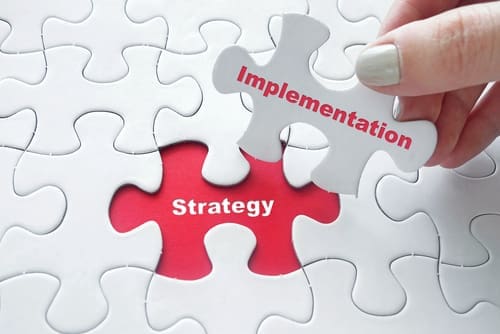
Now that we have discussed a few of the best strategies for reversing dropping credit scores let’s focus on how to implement them.
1. Create a Plan
First and foremost, create a plan of action. Identify which strategies you want to implement and in what order. Prioritize the strategy that will have the most significant impact on your credit score. Write down your plan and refer to it often to stay on track.
2. Monitor Your Progress
It’s essential to monitor your progress regularly. Check your credit score and report to see if your efforts are paying off. Use free credit monitoring services to stay on top of your credit score.
3. Automate Your Payments
One of the easiest ways to improve your credit score is to make all your payments promptly. Set up automatic payments for your bills to ensure you never miss a payment. This will also help you avoid late fees and penalties.
4. Reduce Your Debt
Reducing your debt is another important strategy for improving your credit score. Create a budget and focus on paying off your high-interest debt first. Consider consolidating your debt with a personal loan or balance transfer credit card to make it more manageable.
5. Use Your Credit Responsibly
Finally, use your credit responsibly. Don’t max out your credit cards or apply for too much credit at a time. Keep your credit utilization ratio below 30%, and only apply for credit when needed.
Remember that improving your credit score takes time and effort but is worth it in the long run.
Tracking Your Progress
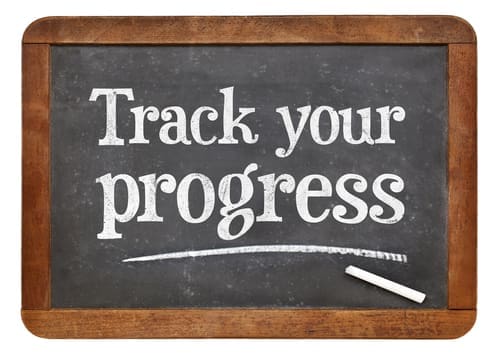
Tracking your progress is critical to improving your credit score. It lets you see how your actions affect your score and helps you identify areas for improvement. Here are some strategies to help you track your progress:
1. Check Your Credit Report Regularly
You can get a free credit report from each of the three major credit bureaus once a year. Checking your credit report regularly can help you identify errors and fraudulent activity and see how your actions affect your credit score.
2. Sign Up for Credit Monitoring
Credit monitoring services can help you monitor your credit score and alert you to changes. Some services also offer credit score simulators to help you see how different actions might affect your score.
3. Set Goals
Setting goals can help you stay motivated and focused on improving your credit score. For example, set a goal to pay off a certain amount of debt or make all your payments on time for six months and stick to it.
4. Use a Credit Score Tracking Tool
There are many tools available that can help you track your credit score over time. Some credit card companies offer this service for free, or you can use a third-party tool like Credit Karma or Credit Sesame.
By tracking your progress, you can see how your actions affect your credit score and make adjustments as needed. Remember, improving your credit score takes time and effort, but you can turn things around with the right strategies and tools and achieve a better credit score.
Keeping Your Credit Score Makeover on Track

Improving your credit score is a step-by-step process that requires patience and discipline. However, you can turn around your dropping score with the right strategies and mindset.
Throughout this article, I have outlined the best strategies for improving your credit score. These include paying your bills on time, keeping your credit utilization low, disputing errors on your credit report, and more.
Remember, consistently practicing good credit habits is the key to improving your credit score. This means paying your bills on time, keeping your credit utilization low, and avoiding unnecessary credit inquiries.
By following the strategies outlined in this article, you can take control of your credit score and achieve your financial goals. So, start implementing these strategies today and watch your credit score soar!
Frequently Asked Questions
How can I quickly raise my credit score?
If you need to raise your credit score quickly, there are several strategies you can use. One of the most effective ways is to pay down your credit card balances. High credit card balances can negatively impact your credit utilization ratio, a critical factor in determining your credit score. You can also become an authorized user on someone else’s credit card account if they have a good credit history. This can help you build credit quickly, but use the card responsibly. Disputing errors on your credit report can also be a quick way to improve your credit score.
What are some effective strategies to increase my credit score?
If you want to increase your credit score, there are several strategies you can use. One of the most effective ways is to pay your bills on time and in full every month. Late payments can hurt your credit score, so staying current on your bills is essential. Another strategy is to keep your credit utilization ratio low. This means using only a tiny percentage of your available credit. You can also ask for a credit limit increase, which helps improve your credit utilization ratio.
What are some hacks that can help me improve my credit score fast?
While there are no “hacks” to improve your credit score fast, there are several strategies you can use to see results quickly. One of the most effective ways is to become an authorized user on someone else’s credit card account. This can help you build credit quickly, but use the card responsibly. Disputing legitimate errors on your credit report can also quickly impact your credit score. Another strategy is to pay down your credit card balances, as high balances can negatively impact your credit utilization ratio.
How can I prevent my credit score from decreasing?
Several strategies can help prevent your credit score from decreasing. One of the most important is to pay your bills on time and in full every month. Late payments can hurt your credit score, so staying current on your bills is essential. Another strategy is to keep your credit utilization ratio low. This means using only a tiny percentage of your available credit. Also, avoid opening too many new credit accounts simultaneously; opening too many too soon can hurt your credit score.
What is the fastest way to build credit from scratch?
If you’re starting from scratch with no credit history, there are several strategies you can use to build credit quickly. One of the most effective ways is to become an authorized user on someone else’s credit card account. This can help you build credit quickly, but use the card responsibly. You can also try applying for a secured credit card, which requires a deposit but can help you build credit quickly. Another strategy is to take out a small personal loan and make all your payments on time.
How can a young adult improve their credit score?
If you’re a young adult looking to improve your credit score, there are several strategies you can use. One of the most important is to start building credit early. You can do this by becoming an authorized user on someone else’s credit card account or applying for a secured credit card. Another strategy is to make all your payments on time and in full every month. You can also keep your credit utilization ratio low by using only a small percentage of your available credit. Finally, monitor your credit report regularly to check for errors or signs of fraud.
Disclaimer: Millennial Credit Advisers is not a licensed credit service provider or financial advisor. We don’t offer credit repair, debt management, or legal services. Educate yourself on saving, reducing debt, and managing credit for economic improvement. Understand credit reports, scores, and financial products. Consult a financial advisor for personalized advice. Track your progress for a better credit journey.
Written content: Please view our full AI Use Disclosure.
“We improve our products and advertising by using Microsoft Clarity to see how you use our website. By using our site, you agree that we and Microsoft can collect and use this data. Our privacy policy has more details.”



